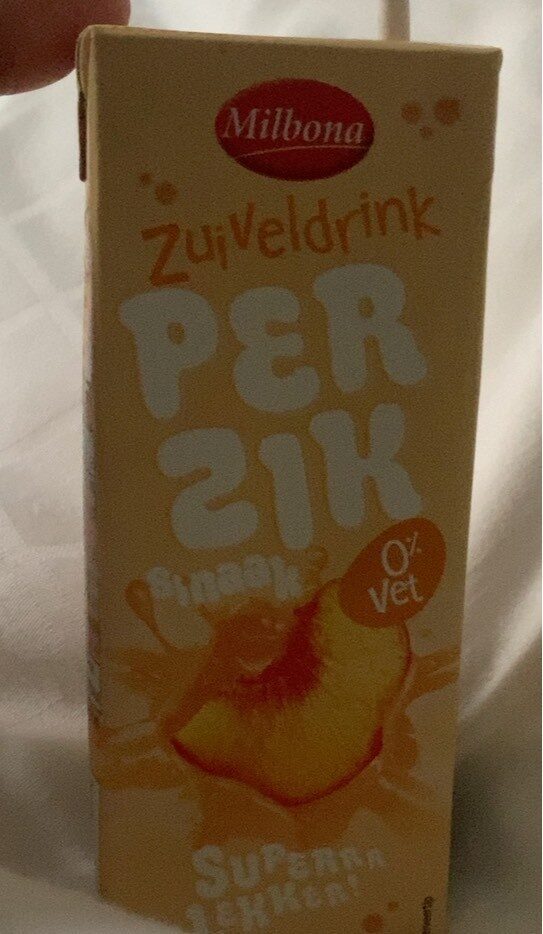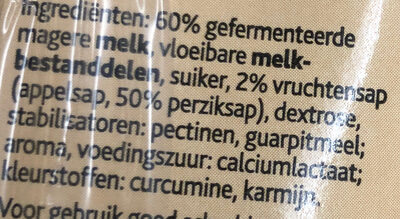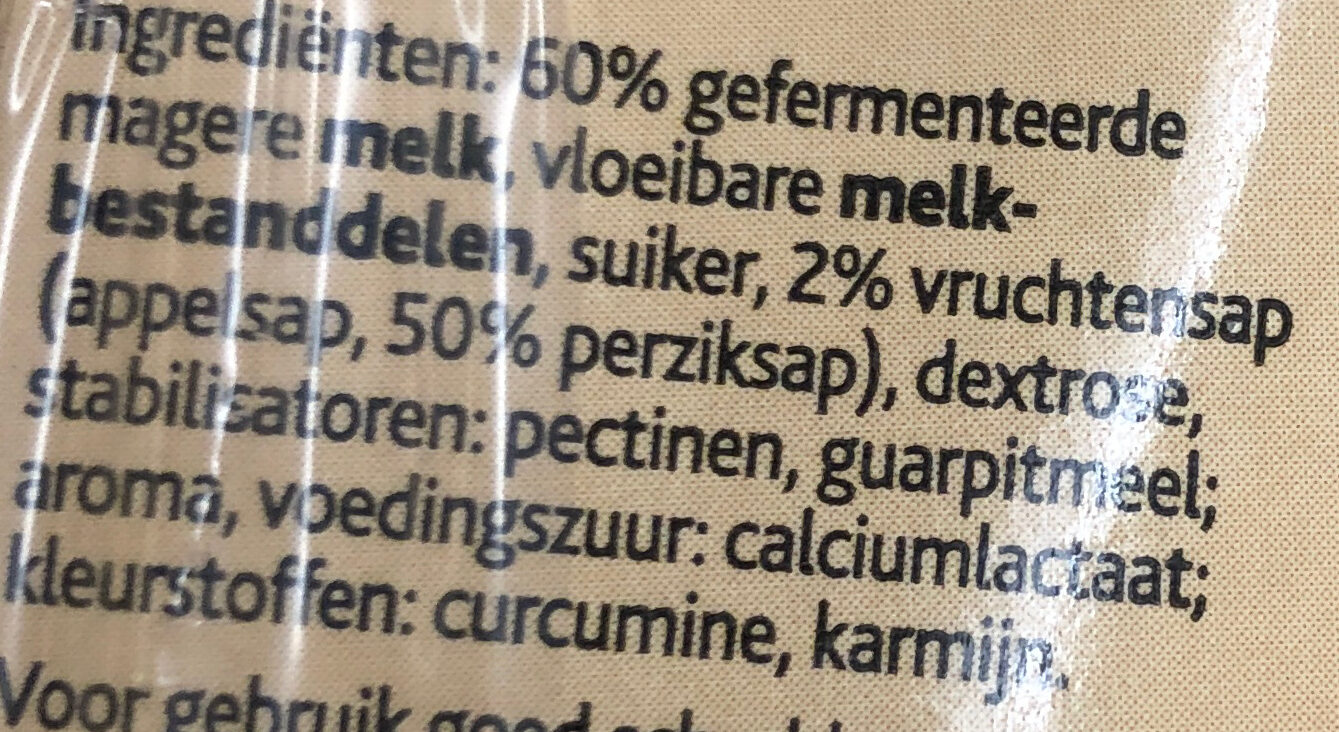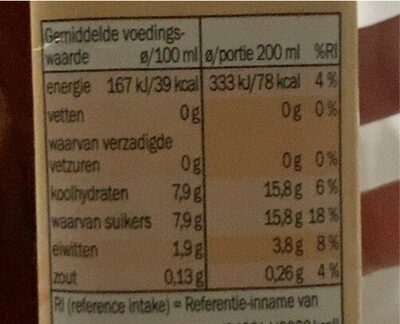Per Zik Sinaak - Milbona - 200
Ambiguous barcode: This product has a Restricted Circulation Number barcode for products within a company. This means that different producers and stores can use the same barcode for different products.
×
This product page is not complete. You can help to complete it by editing it and adding more data from the photos we have, or by taking more photos using the app for Android or iPhone/iPad. Thank you!
×
Barcode: 20959050
Quantity: 200
Brands: Milbona
Categories: Beverages, Dairies, Dairy drinks
Labels, certifications, awards: Made in Belgium
Countries where sold: France
Matching with your preferences
Environment
Packaging
Transportation
Report a problem
Data sources
Product added on by openfoodfacts-contributors
Last edit of product page on by kiliweb.
Product page also edited by aleene, roboto-app, yuka.sY2b0xO6T85zoF3NwEKvlhBGCNXwpiPUGiL4o1Ol9svfCpr4Zo9xxbfFMqg.
If the data is incomplete or incorrect, you can complete or correct it by editing this page.










